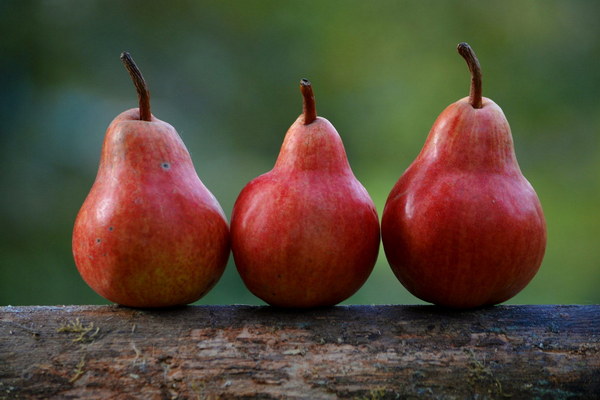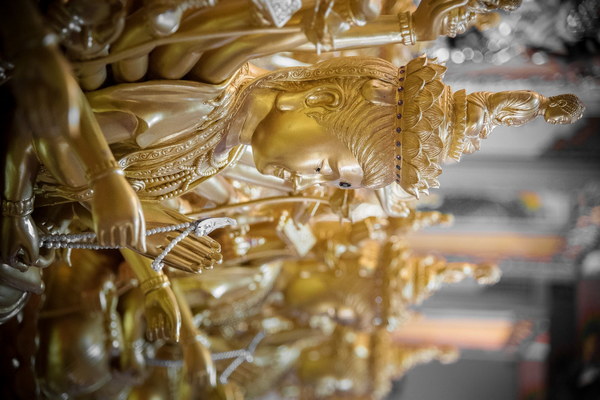The Timeless Wisdom of Traditional Chinese Medicine How Herbs Nourish and Balance the Body
In the realm of natural healing, traditional Chinese medicine (TCM) stands as a testament to the enduring wisdom of ancient civilizations. At the heart of TCM lies the use of herbal remedies, which have been practiced for thousands of years. These herbs are not merely a collection of plants; they are a blend of nature's most potent ingredients, carefully selected and combined to restore and maintain the body's balance. This article delves into the reasons why these age-old remedies continue to be a cornerstone of holistic health and wellness.
1. Harmony with Nature:
Traditional Chinese medicine is rooted in the belief that the human body is an integral part of nature. Herbs are chosen based on their properties, which align with the natural elements of the environment. By incorporating these natural elements, TCM aims to bring the body into harmony with its surroundings, thus preventing and treating diseases.
2. Balancing the Qi:
Qi (pronounced chee) is the vital life force that flows through the body. According to TCM, the health of the body is determined by the balance and flow of Qi. Herbs are used to regulate Qi, addressing any imbalances that may lead to illness. By promoting a harmonious Qi, these remedies can help alleviate a wide range of conditions, from stress and anxiety to chronic pain.
3. Targeted Treatment:
Unlike many modern pharmaceuticals, which often treat the symptoms rather than the root cause, TCM herbal remedies are designed to target the underlying issues. Each herb possesses unique properties that address specific imbalances in the body. For example, some herbs may be used to invigorate the blood, while others may aid in the digestion of food and the elimination of toxins.
4. Synergy in Formulas:

In TCM, herbs are rarely used in isolation. Instead, they are combined in specific formulas that work synergistically to enhance their effects. This personalized approach allows for a tailored treatment that addresses the unique needs of each individual, taking into account factors such as age, gender, and lifestyle.
5. Non-Invasive and Safe:
When used correctly, TCM herbs are generally safe and non-invasive. They work with the body's natural systems, rather than against them, which reduces the risk of adverse reactions. Additionally, many TCM herbs have been used for centuries, making them well-studied and understood by practitioners.
6. Long-Term Benefits:
One of the key advantages of TCM herbal remedies is their focus on long-term health and well-being. These treatments aim to address the root causes of illness, rather than merely masking symptoms. By promoting overall balance and vitality, these remedies can help prevent future health issues and contribute to a healthier, more vibrant life.
7. Complementary Medicine:
TCM herbs can be used in conjunction with other forms of treatment, such as acupuncture and diet therapy. This integrative approach allows for a comprehensive healing strategy that addresses multiple aspects of health, leading to more effective and lasting results.
In conclusion, the use of herbal remedies in traditional Chinese medicine is a testament to the power of nature and the wisdom of ancient healers. These remedies, with their ability to balance the body's Qi, target specific imbalances, and work in harmony with nature, continue to offer a safe and effective means of promoting health and wellness. As we move forward into the future, the timeless wisdom of TCM and its herbal remedies will undoubtedly continue to play a significant role in the pursuit of holistic health and well-being.









